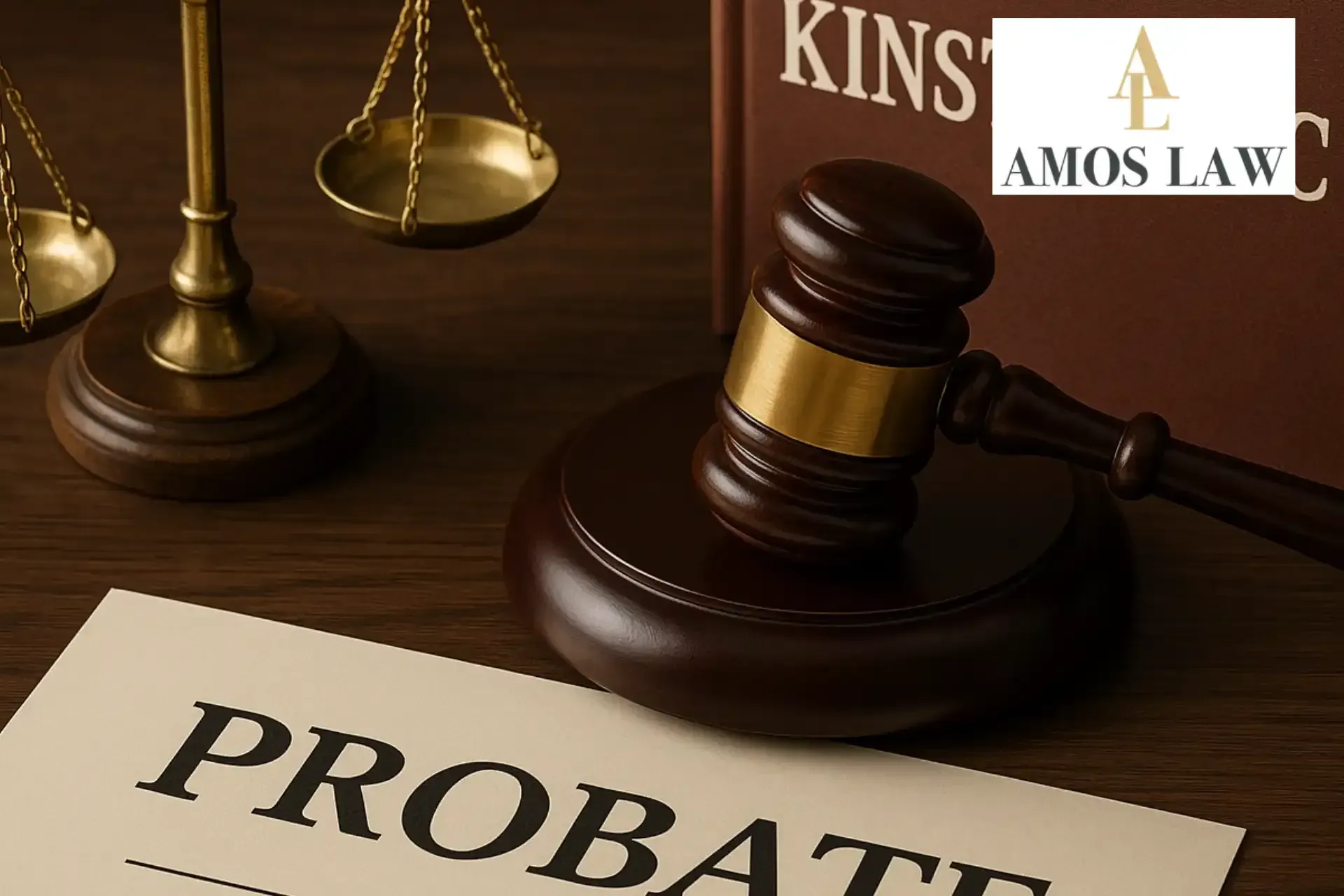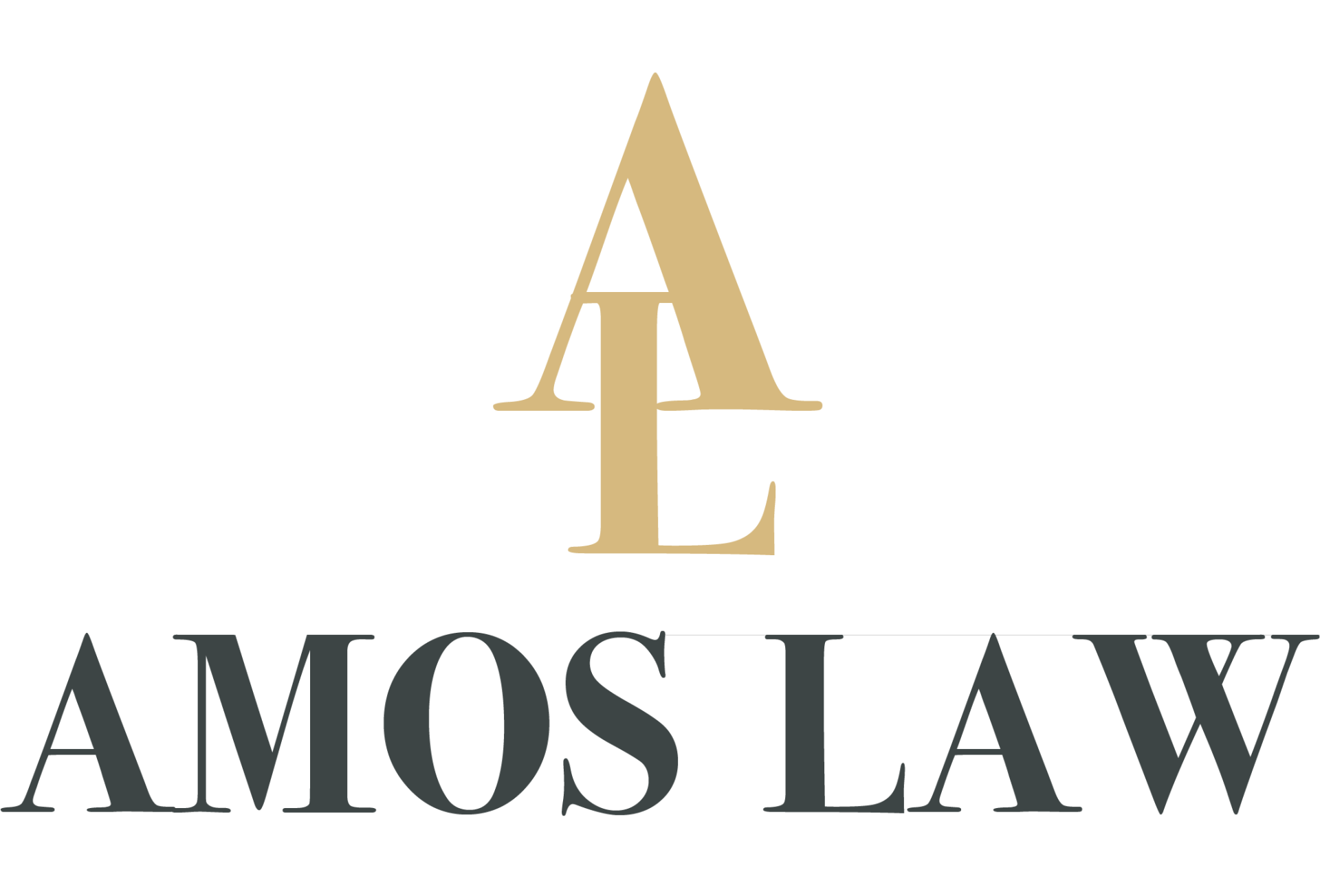How to Avoid Probate in Kinston, NC: A Comprehensive Guide

Probate is a legal process that validates a deceased person’s will, settles debts, and distributes assets to beneficiaries. While probate ensures an orderly transfer of property, it can be time-consuming, costly, and public—factors that many individuals in Kinston, NC, prefer to avoid. Fortunately, several probate avoidance strategies can help streamline estate distribution, reduce expenses, and maintain privacy for your loved ones.
This guide explores how to avoid probate in Kinston, NC, covering key methods such as revocable living trusts, transfer-on-death deeds, joint ownership, and payable-on-death accounts. We’ll also discuss the role of an estate planning attorney in Kinston and provide actionable steps to protect your legacy.
Why Avoid Probate in Lenoir County?
Probate in North Carolina involves court supervision, which can lead to:
- Delays: If disputes arise, the process often takes 9–18 months or longer.
- Costs: Fees include court costs, attorney fees, and executor compensation.
- Public Records: Probate filings are accessible to the public, exposing sensitive financial details.
- Loss of Control: Without proper planning, assets may be distributed under intestacy laws, which may not align with your wishes.
By implementing probate avoidance strategies, you can ensure a smoother, faster, and more private transfer of assets to your heirs.
Top Strategies to Avoid Probate in Kinston, NC
1. Establish a Revocable Living Trust
A revocable living trust is one of the most effective tools for bypassing probate. Here’s how it works:
- You transfer ownership of assets (e.g., real estate, bank accounts) into the trust.
- You act as the trustee, maintaining control during your lifetime.
- Upon your death, a successor trustee distributes assets to beneficiaries without court involvement.
Benefits:
✔ Avoids probate for all trust-owned assets.
✔ Maintains privacy (unlike probate, which is public).
✔ Allows for modifications during your lifetime.
Best for: Individuals with significant assets, real estate, or blended families.
2. Use Transfer-on-Death (TOD) Deeds for Real Estate
North Carolina permits transfer-on-death deeds for real estate, allowing you to name a beneficiary who inherits the property automatically upon your death—no probate required.
How it works:
- File a TOD deed with the Lenoir County Register of Deeds.
- The property transfers directly to the beneficiary after your passing.
Limitations:
- Only applies to real estate.
- The beneficiary has no rights to the property until your death.
3. Joint Ownership with Right of Survivorship
Holding property jointly with rights of survivorship (JWROS) ensures automatic transfer to the co-owner(s) upon death. Common examples include:
- Married couples: Tenancy by the entirety (a form of joint ownership exclusive to spouses).
- Family members: Joint bank accounts or real estate titles.
Pros:
✔ Simple and cost-effective.
✔ Immediate transfer of ownership.
Cons:
✖ Exposes assets to creditors of the co-owner.
✖ Loss of sole control over the property.
4. Designate Payable-on-Death (POD) or Transfer-on-Death (TOD) Beneficiaries
For financial accounts, you can name POD beneficiaries for bank accounts and TOD beneficiaries for investment accounts. These assets bypass probate and transfer directly to beneficiaries.
Examples:
- Checking/savings accounts (POD).
- Stocks, bonds, or brokerage accounts (TOD).
Tip: Review beneficiary designations periodically to ensure they reflect current wishes.
5. Leverage Small Estate Affidavits
If the estate’s value is under $20,000, North Carolina allows heirs to use a Small Estate Affidavit to claim assets without formal probate.
Requirements:
- No will contest.
- All debts must be settled.
- A 30-day waiting period after death.
6. Gift Assets During Your Lifetime
Gifting property before death removes it from your probate estate. However, consider:
- Tax implications: Annual gift tax exclusions apply ($18,000 per recipient in 2025).
- Loss of control: Once gifted, you cannot reclaim the asset.
Best for: Individuals with substantial non-essential assets.
How an Estate Planning Attorney in Kinston Can Help
While some probate-avoidance methods can be implemented independently, consulting an estate planning attorney in Kinston ensures:
✅ Legal Compliance: Proper drafting of trusts, deeds, and beneficiary forms.
✅ Tax Efficiency: Minimizing estate and capital gains taxes.
✅ Dispute Prevention: Reducing the risk of will contests or family conflicts.
Firms like Amos Law Firm offer professional probate avoidance strategies tailored to Lenoir County residents.
FAQs: Avoiding Probate in Kinston, NC
1. Does a will avoid probate?
No, a will must go through probate to be validated. However, a revocable living trust can bypass probate.
2. What assets avoid probate in NC?
- Jointly owned property with survivorship rights.
- POD/TOD accounts.
- Life insurance proceeds.
- Trust-owned assets.
3. How much does probate cost in Lenoir County?
Costs vary but typically include court fees (up to $1,000+), attorney fees (3–5% of estate value), and executor fees.
4. Can I avoid probate for real estate in Kinston?
Yes, via a transfer-on-death deed or holding title in a living trust.
5. Is probate always bad?
Not necessarily—it provides creditor protection and legal oversight. However, avoiding probate is often preferable for speed, cost, and privacy.
Final Thoughts
Avoiding probate in Kinston, NC, requires proactive planning. Strategies like revocable living trusts, TOD deeds, and joint ownership can save your family time, money, and stress. For personalized guidance, consult an estate planning attorney at Amos Law Firm to ensure your assets pass smoothly to your heirs.
Take action today—schedule a consultation to secure your legacy!



